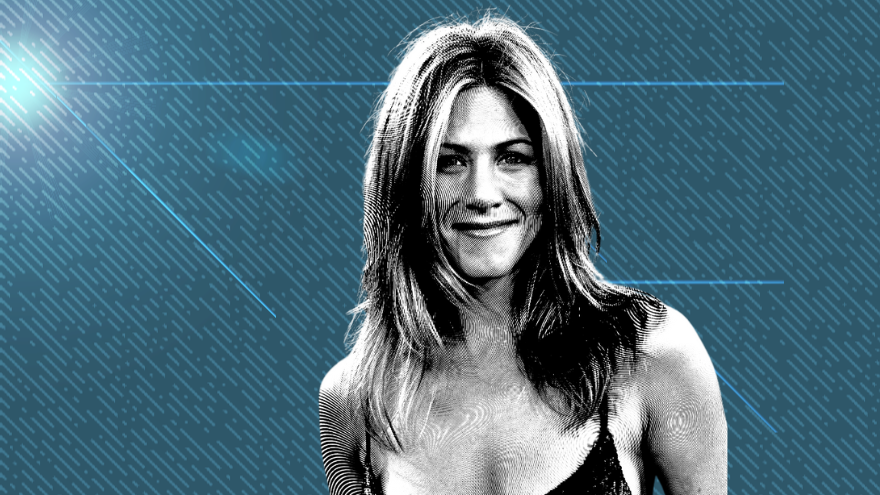The recent trial of Gwyneth Paltrow being sued for causing an accident on a ski slope was a hilarious fever dream full of cartoonish characters. A retired optometrist seeking millions from a haughty, inaccessible celebrity who couldn’t look more disconnected from the common man. One lawyer that appeared to have never spoken in a public before, another who seemed desperate to become best friends with the woman she was attempting to win her case against.
All of it ridiculous in a way that only Hollywood could dream up.
One question that absurd cases like this make me ask myself is, “What is this a distraction from?” This is a query I have come to ask myself anytime a new story comes out about some rich, vapid celebrity whose personal life has become part of the public discourse. Is it a distraction from a more important political discussion? Perhaps, but politics itself has become a clown show worthy of Hollywood anyways. Is it a distraction from our families? Definitely, plus Hollywood has worked overtime to make sure America gets as little positive representation of the traditional family as possible.
What is it we commoners find so unbelievably enticing about the lives and opinions of celebrities with whom we share very little shared life experience? Is the increasingly voyeuristic nature of our existence being weaponized by power hungry elites who use celebrities as a means of controlling the direction and focus of the American conversation? I would say yes. I would also include social media influencers on that list, as well as the tech companies who use algorithms to hypnotize the public and keep them distractedly scrolling as the country is fundamentally torn apart at the seams. Every core value the nation once held dear is seemingly being discarded by a ruling class of government officials and heads of business hellbent on fundamentally transforming the country while the rest of us are busy watching what has amounted to an overblown, nationwide recreation of the Jerry Springer Show beamed directly to our phones.
Is all of this a bad thing? That question is harder to answer, but the short answer is yes. Caring about these trivial issues is the information equivalent of junk food. Guilty pleasures aren’t necessarily harmful as long as we experience them in moderation with the understanding that overindulgence can be unhealthy. The point is not to tell you to stop enjoying your celebrity guilty pleasures. What we need to do is look at the stories the legacy media suddenly seems determined to shove down our throats and be willing to ask ourselves some pointed questions:
What else might be going on while this story is coming out?
Why is this story being shown to me at this particular time?
Who released the story and who benefits directly and indirectly from its release?
Legislation gets passed, important trials are concluded, and life-changing events unfold right in front of our eyes — although we often fail to notice because we are perpetually distracted. A perfect recent example would be how legacy media and sociopolitical partisans on both sides have taken to arguing about the most recent exploits of actor-turned-influencer Dylan Mulvaney, who became the newest spokesperson for Bud Light. A debate about what this means for the culture amid calls for boycotts has taken up tons of space on many Twitter timelines — along with updates on the Jonathan Majors assault case, which could have disastrous consequences for the fate of The Marvel Cinematic Universe.
Dylan Mulvaney’s future is certainly of some interest to people on both sides of the aisle given the battle between progressives and conservatives for the future of America. Jonathan Majors brings out many who want to discuss celebrities, superheroes, and the relationship between men and women in the post MeToo era. However, both Majors and Mulvaney seem to be perfectly suited as a distraction from something much more important, like the conviction of Douglass Mackey, aka Ricky Vaughn, who was convicted of election interference in New York for mocking Hillary Clinton voters with memes about being able to vote via text message during the 2016 election cycle.
Despite the unbelievably dangerous precedent set by criminalizing memes, we seem to be distracted at the exact moment the media wants us to be. The consequences are a total lack of discussion about a man facing 10 years in prison for posting memes online. Should this not be something that fills us with an unbelievable amount of dread? Haven’t we, in the past, mocked the UK for their ridiculous decisions to arrest citizens like Kate Scottow for misgendering a Twitter user?
Why doesn’t the conviction of Douglass Mackey scare us more? The answer is simple: the media knows exactly what to feed us to keep us distracted from the stories that truly matter. They know that whenever a truly important story comes along, all they need to do is thwart our attention. Whether it is Jeffrey Epstein, the Twitter Files, the laptop from hell, or now, the conviction of a man for posting memes in a supposedly free country — all they have to do is divert our attention to Jonathan Majors’ domestic dispute, Gwyneth Paltrow’s rich lady ski slope blues or whatever the hell the Kardashian family is doing this week. Much like a magician uses the beautiful assistant to distract you from what is truly going on, the tricks the media uses are time-tested and continue to work.
We are a populace stuck in our phones and social media applications, entranced by the shallow stories of these corporate-approved celebrities and influencers while the politicians, ivory tower journalists and tech moguls reshape the world for financial and ideological gain. I would never ask anyone to get rid of their social media profiles or stop having those guilty pleasure celebrity indulgences — almost all of us have them. What I would ask is to remain curious about what else is going on around you. Refuse to surrender to the information overload. Ask simple questions regarding the who, what, when, where and why of a media release. Always remember that just a few stories below the trivial gossip you secretly love to read about is the story that truly matters. Read them both and remember the magician doesn’t want you to know about the true role of the beautiful assistant, lest you find out how the trick is done.

